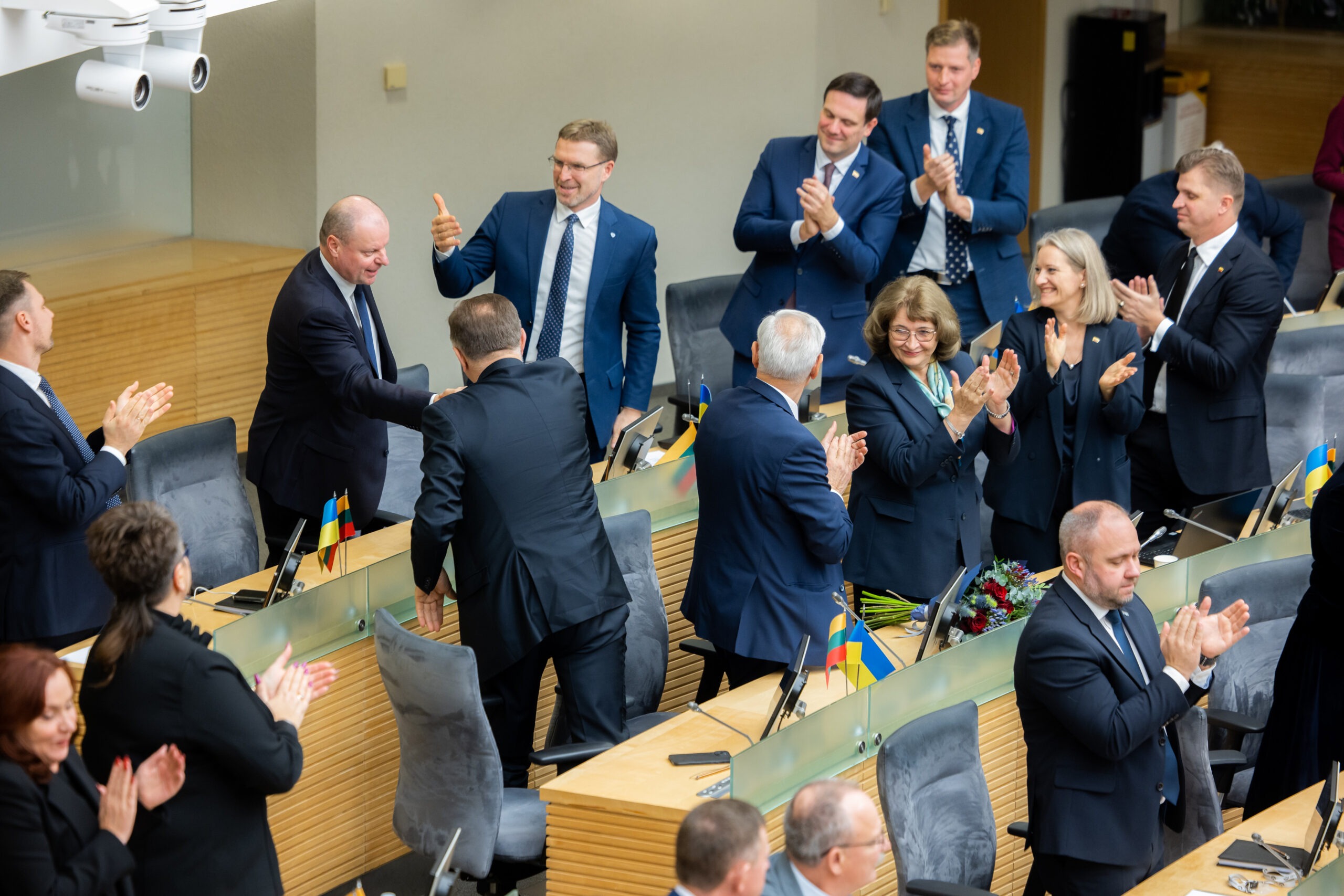Report
Echoes from Kremlin: Narratives Fueling Division in Latvia
“Latvia is failing, the West is evil, Russians are victims.” These are not fringe opinions — they are the dominant narratives across Russian-language Facebook and Telegram channels targeting Latvia’s Russophone community. Despite the ban on Kremlin media, disinformation continues to thrive online, repackaging old Soviet tropes into emotionally charged, culturally resonant stories. A new report, “Echoes from the Kremlin,” reveals how four persistent narratives — Russophobia, Economic Hardships, the Failed State, and the Bad West — continue to shape perceptions and deepen divides. These aren’t innovative strategies. They’re effective because they exploit long-standing grievances and identity fractures, not because they’re new. The real threat isn’t the message itself — it’s the societal vulnerability that makes it stick.
Yearly Reports
Echoes from Kremlin: Narratives Fueling Division in Latvia
“Latvia is failing, the West is evil, Russians are victims.” These are not fringe opinions — they are the dominant narratives across Russian-language Facebook and Telegram channels targeting Latvia’s Russophone community. Despite the ban on Kremlin media, disinformation continues to thrive online, repackaging old Soviet tropes into emotionally charged, culturally resonant stories. A new report, “Echoes from the Kremlin,” reveals how four persistent narratives — Russophobia, Economic Hardships, the Failed State, and the Bad West — continue to shape perceptions and deepen divides. These aren’t innovative strategies. They’re effective because they exploit long-standing grievances and identity fractures, not because they’re new. The real threat isn’t the message itself — it’s the societal vulnerability that makes it stick.
Read more2024 Annual Report: Influence Campaigns in the Baltic States
The 2024 elections in Lithuania, Latvia, and Estonia became a primary target for Kremlin-aligned disinformation campaigns, aiming to undermine trust in democratic processes. These efforts centered on claims of electoral fraud, corruption, and anti-government rhetoric, seeking to delegitimize pro-EU outcomes and frame national leadership as incompetent. Narratives questioning coalition legitimacy and election integrity were widely amplified. Beyond electoral manipulation, economic challenges, anti-EU sentiment, cultural values, and social policies – including LGBTQ rights – were exploited to deepen societal divisions. Anti-Ukrainian sentiment was also prominent, portraying support for Ukraine as harmful to national interests and framing the EU as imposing damaging policies on the region. Ultimately, these campaigns aimed to weaken national resilience, erode trust in governance, and align public opinion with Kremlin interests by amplifying anti-EU and anti-Western narratives while exacerbating societal rifts.
Read moreDon’t miss a story.
We publish stories that change laws, lives, minds and the world. Subscribe to our newsletter to get our investigations delivered to your inbox.

